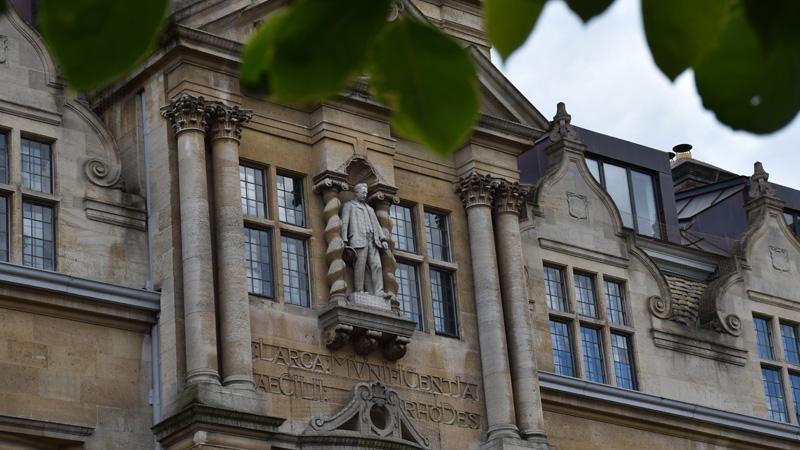Manvir Grewal, Lecturer in Law, wrote an opinion piece for Times Higher Education about decolonising education and how universities often reproduce colonial logics by exploiting, commodifying and diluting the very ‘thing’ that was to set us free.

In the article, she wrote: “In the past few years, “decolonisation” has entered the corporate language of universities and although it presents itself as progressive, in practice it legitimises colonial logics in many ways. This false progression leads to excessive usage, misguided endeavours, rushed projects and an intransigent determination to see results.
“Such a way of approaching “decolonisation” does more harm not only to colleagues, students and their environments but also to the legacy of decolonial thought. In this way, institutions are prone to reproducing colonial logics by exploiting, commodifying and diluting the very “thing” that was to set us free.”
She added: “I ask us all to alter our language, so it reflects the work we might be doing. We need to consider what we are undertaking: for whom, why and how? Within the spaces we enter, we need to be curious as to what is being recognised as decolonialisation and decolonial − who does it serve and who does it not? We need to consider whether our existence in these very spaces, and more widely academia, is more colonial then decolonial.
“To be clear, taking decolonial approaches to our research and teaching is a must. Only by working on our decolonial self can we imagine other worlds within this world. Our institutions need it. Our students deserve it. But more so, we will be freer because of it.”
Read the full article on the Times Higher Education website.


